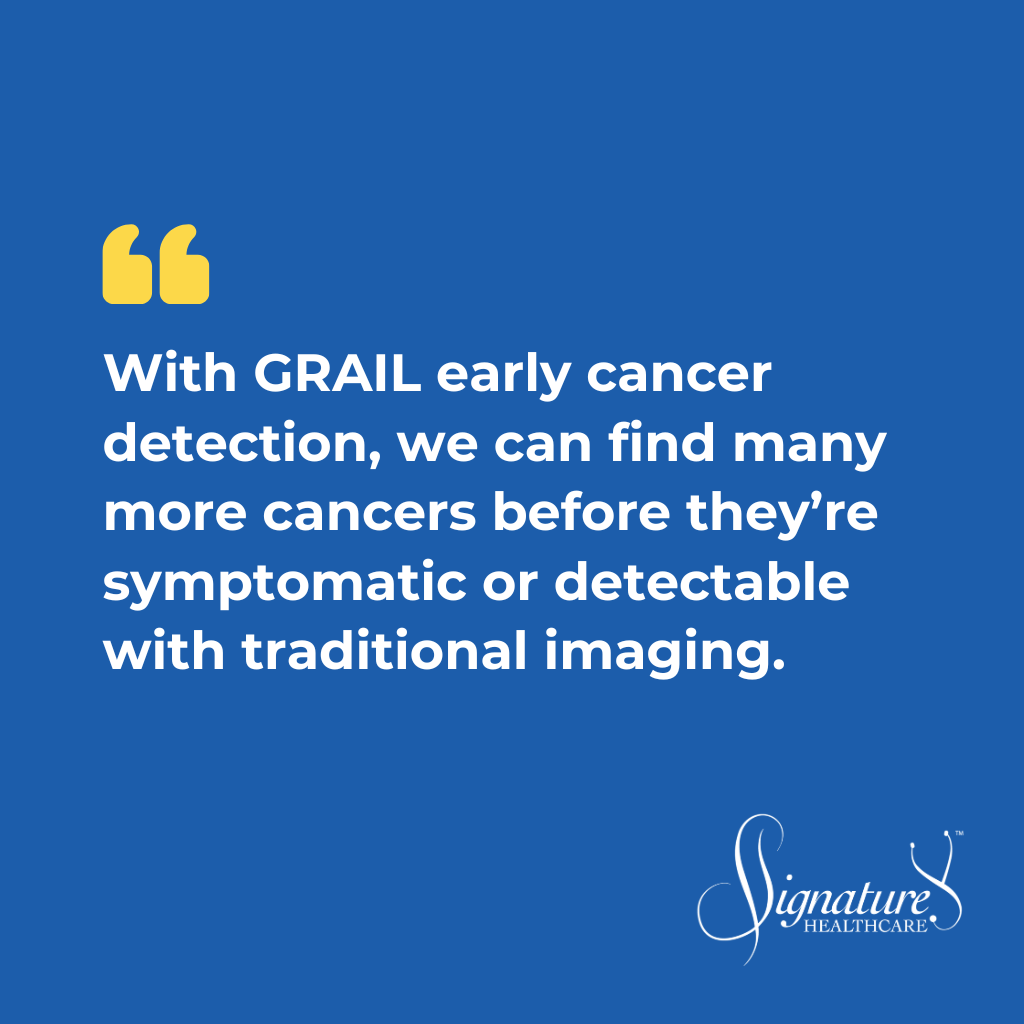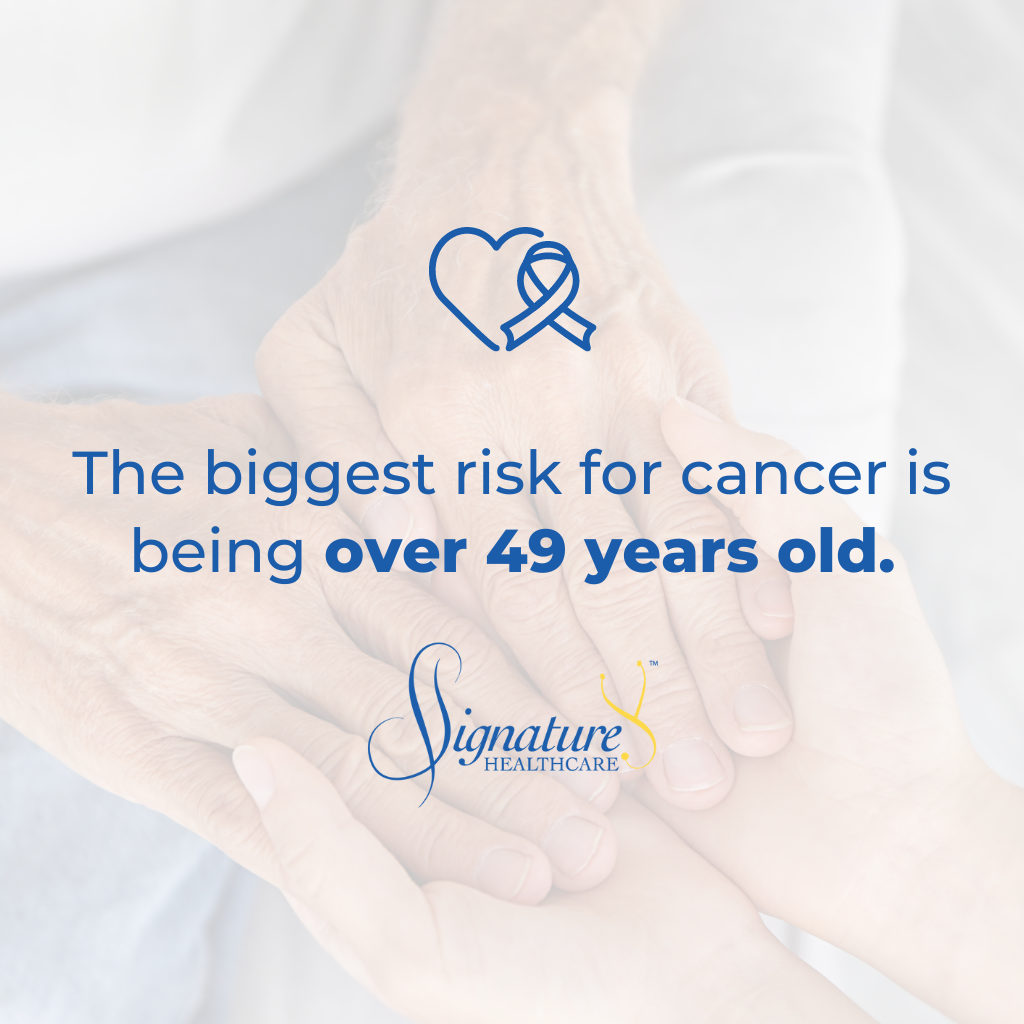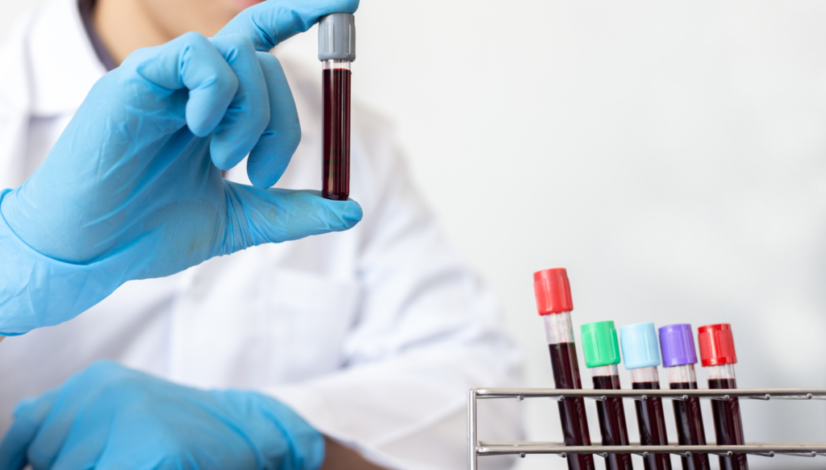What You May Not Know About GRAIL Early Cancer Detection
More than one in three people will develop a significant cancer in their lifetime.
It’s a startling statistic, but revolutionary new options for detecting those cancers are already here. One of the most promising is Galleri, the GRAIL early cancer detection test.
Once you turn 50, your risk of developing cancer is 1.2% per year. So, if you’re one of my over-50 patients, chances are good I’ve discussed the Galleri test with you and shared the exciting details about what this advanced testing can do.
If you’re unfamiliar with Galleri, read on.
Cancer by the Numbers
Before GRAIL introduced Galleri in 2021, doctors generally relied on four cancer screening recommendations for their patients: cervical, lung, breast, and colorectal. And although these standardized screening recommendations are helpful, they’re not infallible or perfect — they detect only 29% of cancers.
The 71% that go undetected are some of the most aggressive cancers known: pancreatic, colorectal, head and neck, ovarian, lymphoma, liver and bile duct, stomach, esophageal, and certain plasma cell neoplasms like multiple myeloma, among others.
These 12 cancers are responsible for 62% of U.S. cancer deaths, and most have no recommended screening guidelines. While the cancer rate is, happily, declining in this country, we still see an average of 600,000 cancer deaths per year.
The reason? There are no standardized screening options to catch these destructive diseases early, before they significantly damage cells and tissues.
Yes, they’re detectable, but only if a patient shows symptoms or if a lab test reveals an abnormality. At that point, treatment may be ineffective or not effective enough, and survival rates aren’t promising.
For example, for a pancreatic cancer patient whose symptoms appear at stage 3 or 4, the survival rate is only about 3% over the next five years.

The GRAIL Early Cancer Detection Test
Galleri, the GRAIL early cancer detection test, shifts the paradigm: It screens for a signal associated with active cancer within the body.
The Galleri test is based on a liquid biopsy — a single, simple blood sample drawn from the patient and analyzed for abnormal cell-free DNA methylation patterns. Your concierge physician receives your results within a couple weeks and reaches out to review them with you.
How It Works
Every cell in our body, whether normal or diseased, has a lifespan. When cells shed and die, they release cell-free DNA (cfDNA) into the bloodstream. The GRAIL early cancer detection test separates normal cfDNA from abnormal cfDNA and determines whether any patterns suggest the presence of cancer.
Each area of the body sheds its own type of cfDNA. Signals from the cfDNA help to localize the source of any abnormality. GRAIL early cancer detection delivers two potential “positive” signals — and in combination, they’re 96% accurate at identifying the affected area. This eliminates the need for us to biopsy multiple areas to find the source, which is time-consuming and costly.
If we ultimately find that the signals are “false positive,” we re-run the test in three to six months.
The Promise of Early Multi-Cancer Detection
The GRAIL early cancer detection test can detect 52 cancers, with high sensitivity for liver and bile duct, pancreatic, plasma cell, head and neck, cervical, colorectal, and ovarian cancers. It’s more limited in its ability to detect other cancers, especially those that are less aggressive.
With GRAIL early cancer detection, we can find many more cancers before they’re symptomatic or detectable with traditional imaging. Very early-stage detection can mean less aggressive treatment for the patient and, most importantly, improve their chance of surviving and healing.
Is there a potential for “false positive” results? Sometimes. No medical test available today is perfect. The Galleri test’s highest sensitivity and specificity ranges are balanced to best detect the aggressive cancers that kill the most Americans.
Most standardized screenings, including mammography, chest CTs for smokers, and pap smears, have much higher false positive rates than Galleri. Only colonoscopies have a lower false positive rate.

Who Should Test?
The biggest risk for cancer is being over 49 years old. So, while we don’t recommend the Galleri test for everyone, we do suggest it to patients between 50 and 80 years of age who are in good health with a reasonable expectancy of long life.
We also find testing prudent for patients 40–50 years old who have a strong family or personal history of cancer or other risk factors like a high body mass index (BMI) or a history of smoking. I don’t recommend the Galleri test for a generally healthy 40-something.
I also wouldn’t recommend testing for any patient who may struggle to handle the temporary uncertainty of a “false positive” result. This is when it’s essential to have a great relationship with your Signature Healthcare physician, who knows you well and can help you determine if you’re ready for what the test might reveal.
Full disclosure: The GRAIL Galleri test can be costly and there are no discounts currently offered, though Signature Healthcare patients will be amongst the first to be offered such a discount should it become available. Also, this type of testing doesn’t exempt you from your usual preventive screenings.
Concierge Care and Early Cancer Detection
Most hospitals and primary care practices don’t offer GRAIL early cancer detection. Traditional healthcare systems with heavier patient loads tend to focus more on treatment than on early detection and preventive measures.
But in concierge medicine, we have more time to focus on you — to review your health history, inform you about new medical advances, and help you determine if a test like GRAIL Galleri makes sense for you.
I believe so strongly in GRAIL early cancer detection that my wife and I take the test every 18 months or so. Connect with your Signature Healthcare doctor to see if GRAIL early cancer detection may be a good screening option for you or a family member.

Dr. Jordan Lipton
Dr. Jordan Lipton, a distinguished physician with dual board certification in emergency and ambulatory medicine, co-founded Signature Healthcare and is renowned for his contributions to medical literature and international lectures. Balancing his professional achievements with personal interests, he enjoys squash, skiing, art, and cooking, alongside his wife, Dr. Siu Challons-Lipton, and their two grown children.
Get the latest News
Join the Signature Healthcare Newsletter to get the latest articles, resources, and news delivered directly to your inbox.

